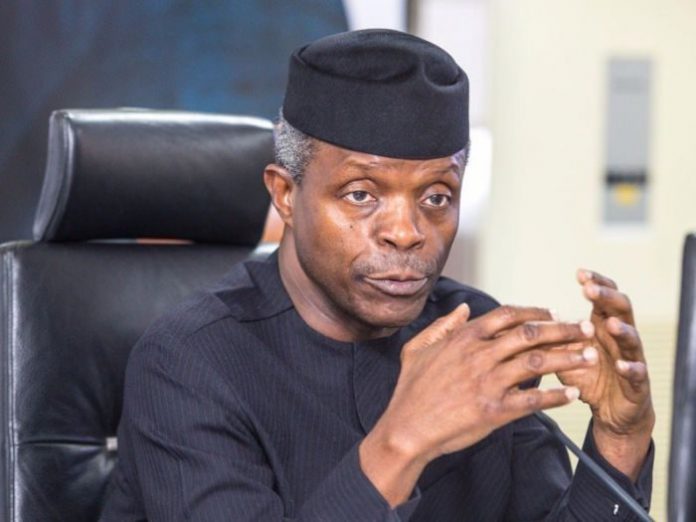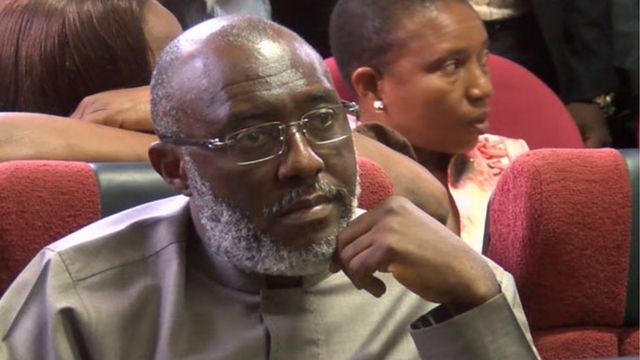As implementation of the Africa Continental Free Trade Area (AfCFTA) agreement is underway, the vice president, Prof Yemi Osinbajo says there is the need for Nigeria to enforce trade rules so that its neighbours do not take advantage of its (Nigeria’s) large markets.
The vice-president stated this in a keynote address at the 61st annual conference of the Nigerian Economic Society (NES) held with the theme: ‘African Continental Free Trade Area (AfCFTA) in post COVID-19 era: What next for Nigeria?’
“Government also realises, of course, that it needs to be able to enforce trade rules and apply trade remedies so that our partners in the AfCFTA, especially our neighbours, do not take undue advantage of our large market,” he said.
“If the AfCFTA is to achieve the desired objectives, then it is also very important that Nigeria should push for the implementation of complementary programmes and protocols, including the Protocol on Free Movement of Persons, the pan-African payments system and other sectoral programmes,” he said.
He cautioned that AfCFTA’s implementation could expose the country to sharp practices with dire consequences for its manufacturers who may become bankrupt while their workers become jobless.
“We must, of course, continue to bear in mind, especially here in Nigeria that the AfCFTA is not a magic wand that automatically brings about growth and prosperity.”
“The reality is that if care is not taken, trade liberalisation can expose the Nigerian economy to unfair competition and sharp trade practices, with adverse consequences for our producers who might have to close down their businesses, and for our workers who would then lose their jobs.
“Nigeria must have an interest in promoting an AfCFTA that catalyses regional value-chains, enables free movement of people, attracts investments and improves the continental payments system.
“As we seek to use the opportunities, we should remain alert to the need to create conditions that will enable our businesses to be able to compete and thrive within the AfCFTA.
“We can no longer plan without fully considering the AfCFTA; all planning and budgeting documents must take it into account. This explains why the current successor plan to the ERGP has the AFCFTA as an important reference,” he added.
He said there is the need for the academics to be more involved in conversations that would deepen public knowledge and understanding of the economy and called on the NES members to be more engaged in public policy debates.
“I find every often that some public commentators make assertions that have no basis in economic theory or practice, and because they dominate the public space, they contribute to public misunderstanding of economic principles and their application to public policy. Some of you should take up the gauntlet and help to shape an informed and reasoned national discourse on the economy,” he said.
Speaking further, the vice president said one of the many ways by which Africa could maximise its benefits is to ensure that trade negotiations with the rest of the world are based on the free trade agreement rather than deals separately endorsed by regional economic blocs.
“One important objective of the AfCFTA is to overcome the economic fragmentation of the continent by bringing the regional economic blocs together in a common arrangement. This being the case, African countries should look to negotiating trade treaties with other parts of the world on the basis of AfCFTA rather than through arbitrarily designed regional blocs. African countries should not allow themselves to be lured into arrangements which do not serve their long-term development objectives.
“Successful implementation of the AfCFTA requires financing to address various implementation challenges and to promote arrangements in support of integration. For instance, in addition to making up for potential losses of tariff revenues, African countries will face implementation costs, including undertaking reforms, establishing new trade-related bodies, improving and upgrading existing facilities.
























































